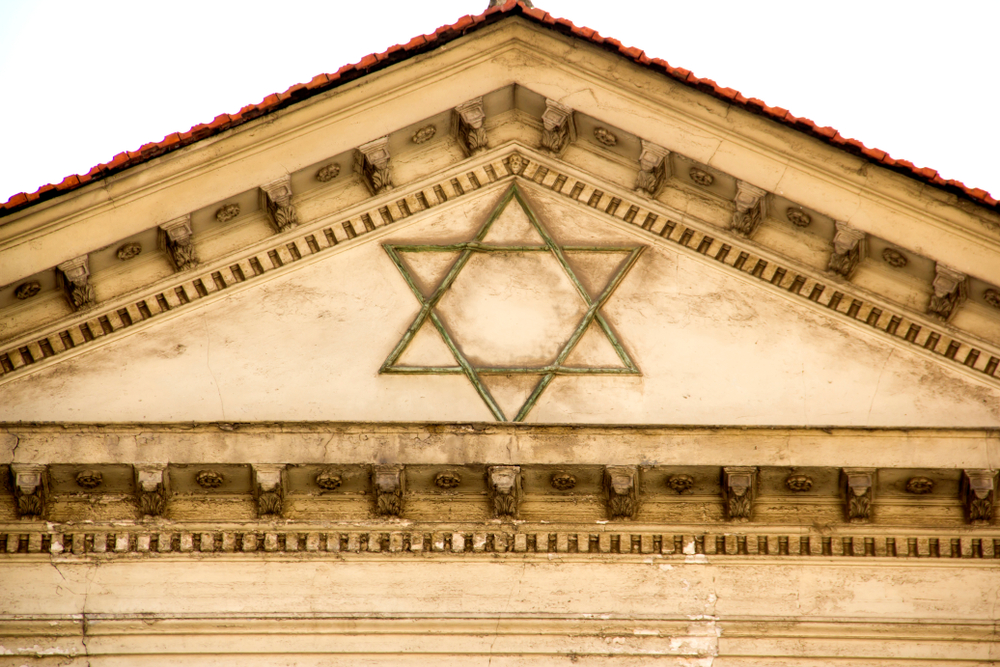
How do religions handle injustice? What about Judaism and social justice? The death of George Floyd, an African American man from Minneapolis, elicited outrage from Muslims, Jews, Christians, and people from many other faiths. “There is a time to be silent and a time to speak… Such inhumane treatment of another human being requires a collective response from all people of conscience,” the Commission of Religious Leaders said in a statement released on May 31. The basic idea of justice takes different forms in every tradition, but examining it in a Jewish context reveals some unique details.
Jewish Concepts of Fairness and Equality
The Religious Action Center of Reform Judaism quotes two texts pointing to Jewish ideas of justice. Genesis 1:27 asserts that all humans are created in God’s image. Moreover, the Babylonian Talmud states, “What is hateful to you, do not do to your neighbor.” This concept of reciprocity is also found in ancient Egyptian, Greek, and Hindu texts, as well as Islamic writings and the Christian New Testament. The Wiccan Rede phrases it a slightly different way: “An ye harm none, do what ye will.”
There’s also the idea of tikkun olam, a Hebrew expression that can be translated as “world repair.” My Jewish Learning explains that it partially originates from the phrase “mipnei tikkun ha-olam” in the Mishnah, where it means “in the interest of public policy.” Isaac Luria, a sixteenth-century mystic, posited that good and evil were mixed in with the world after its creation, and humans are called to separate divine holy light from our material existence.
Today, tikkun olam takes on a broader meaning: to repair the world through social responsibility. For instance, the American Jewish World Service points to it and other relevant Jewish social justice values, including aiding strangers and the poor. Respect and preserving human dignity are vital to how tikkun olam is approached in modern times. “The Holocaust…is a sobering reminder that we must act on behalf of people everywhere who are denied their basic humanity,” AJWS states on its website.
American Jews and Civil Rights Movements
“There is a long tradition of faith groups ‘speaking truth to power’ and advocating for social change,” says the Union for Reform Judaism on its website. Jewish people in America have been involved in major social justice movements, including fighting for racial equality. The RAC mentions that Jewish activists comprised about half the participants in 1964’s Mississippi Freedom Summer, a voter registration drive aimed at black residents. Jewish community leaders were involved with several marches and arrested alongside Dr. Martin Luther King Jr. and others.
Jewish activism has played a significant part in other key social justice movements. Based in Boston, Keshet advocates for LGBTQ equality and affirming Jewish communities. Playwright Larry Kramer, who died on May 27, founded both the Gay Men’s Health Crisis and ACT UP, an organization fighting against discrimination and for increased funding toward AIDS research. The Anti-Defamation League and several other Jewish advocacy groups filed amicus briefs in the Obergefell v. Hodges Supreme Court case to support marriage equality. Several Jewish organizations oppose the current administration’s immigration policies, including Never Again Action and Bend the Arc. Writing for The Progressive, Hana Sarfan summed up major reasons for the opposition. “We recognize the dangerous pairing of scapegoating political rhetoric with racialized violence,” Sarfan commented.
Different Beliefs, Shared Humanity
Not every person who advocates for social justice follows specific religious or spiritual traditions. However, many belief systems have played key roles in motivating people to fight injustice throughout human history. When considering Judaism and social justice, guiding principles such as human dignity and tikkun olam prompt concern, care, and ultimately action.

